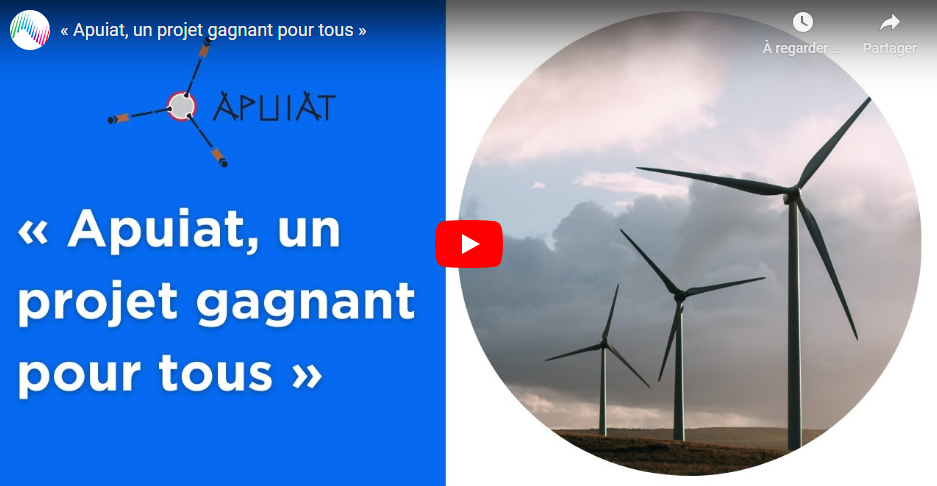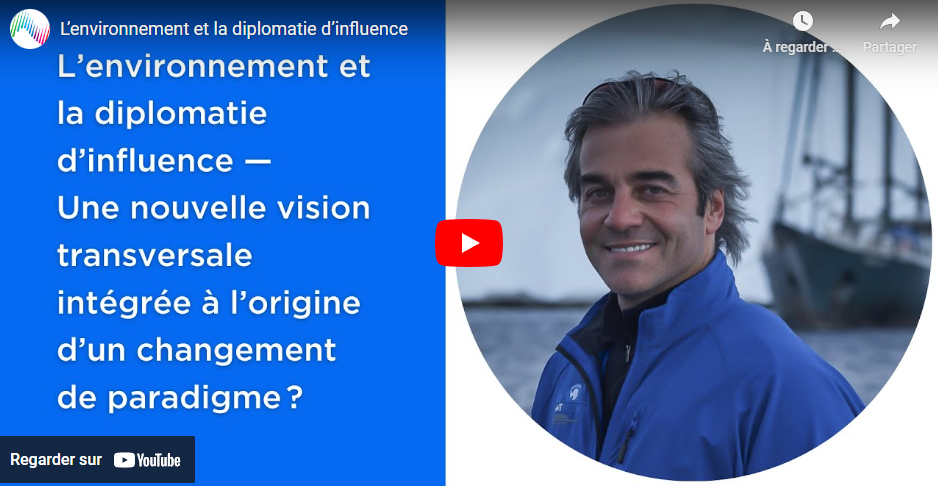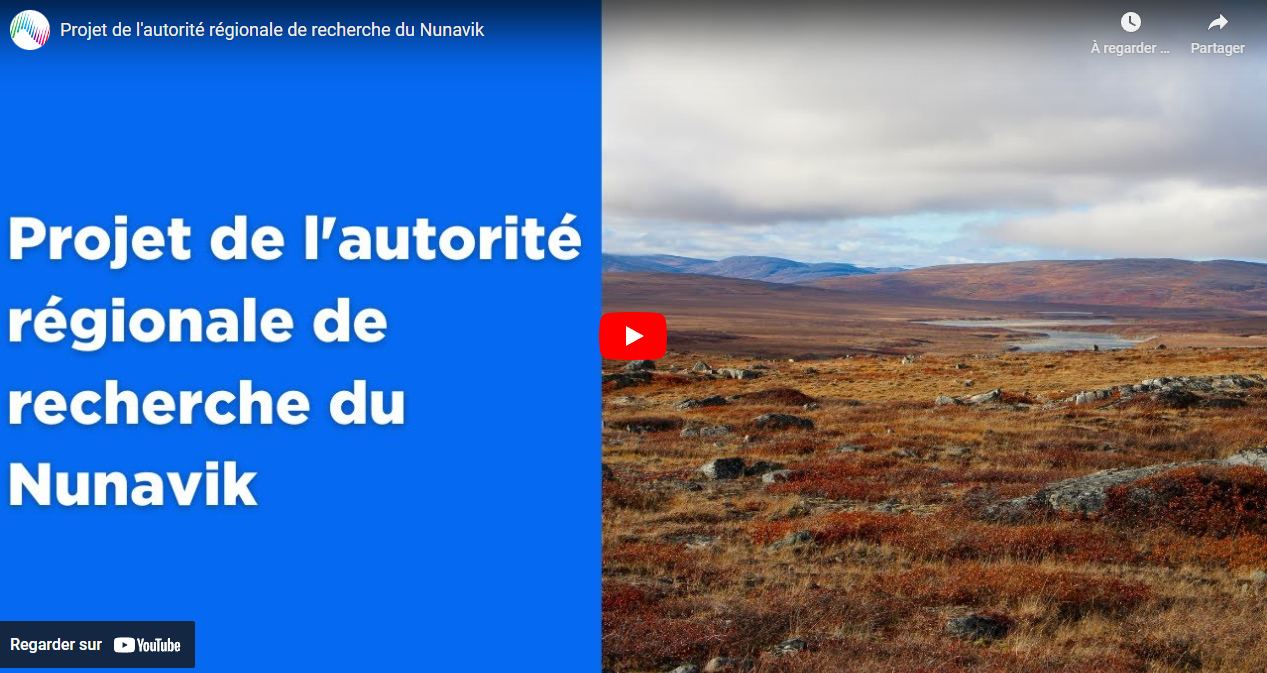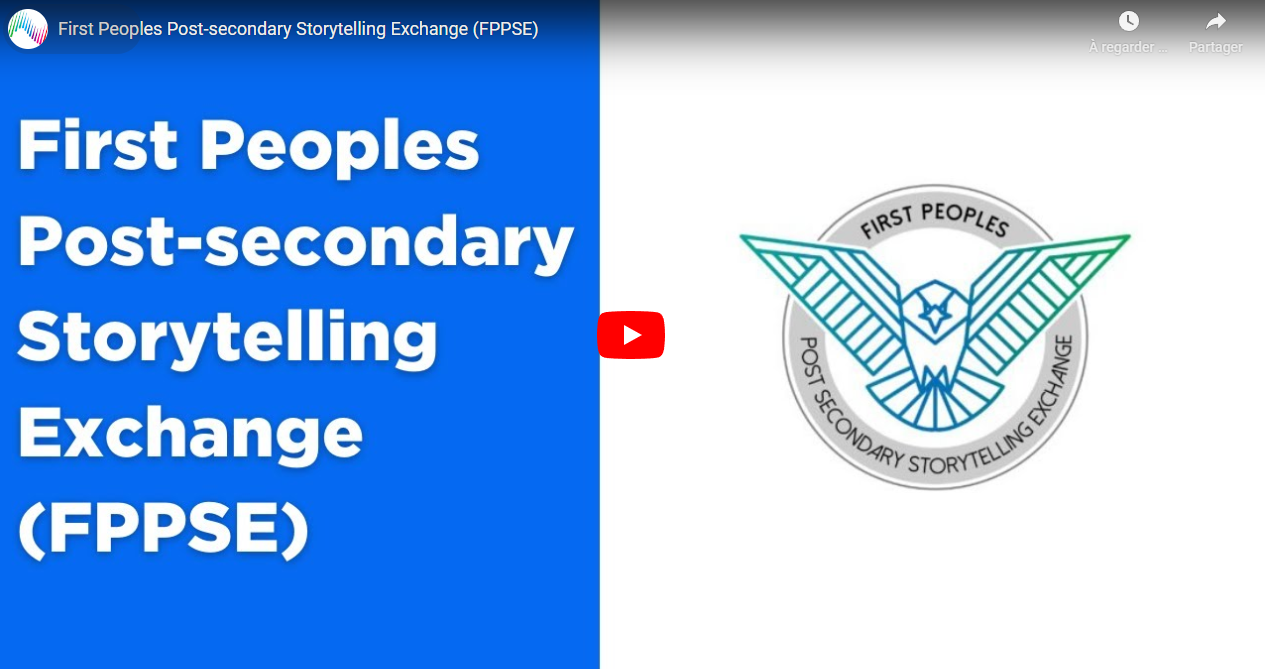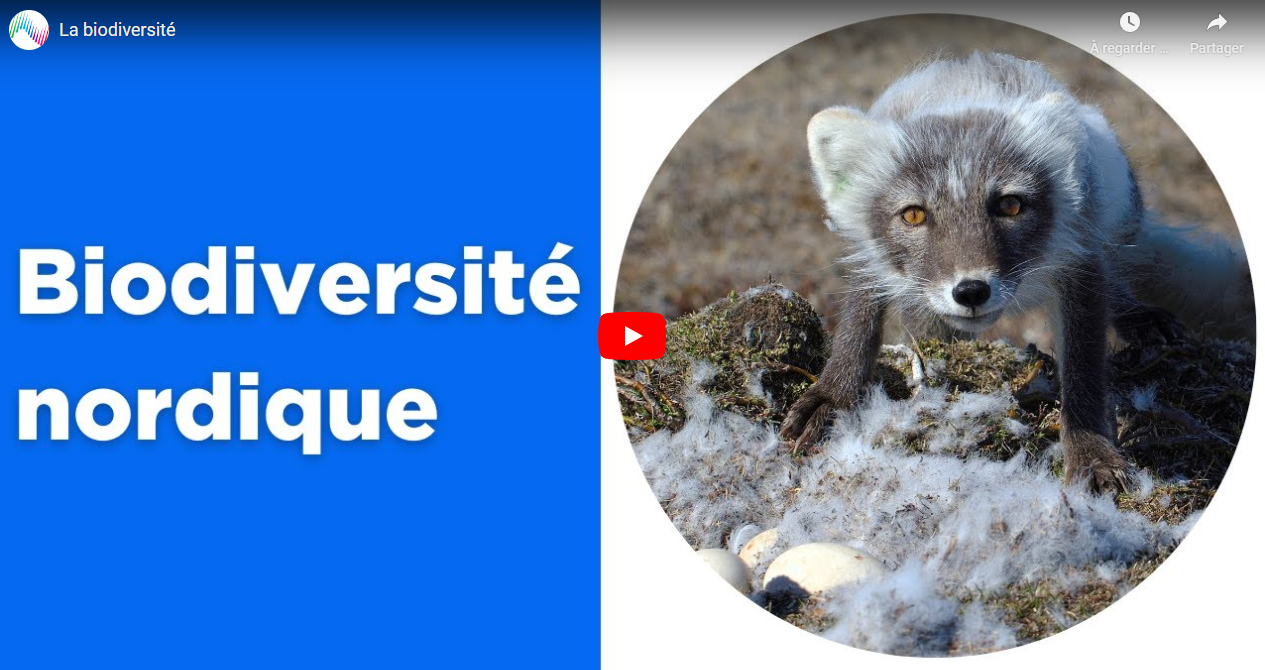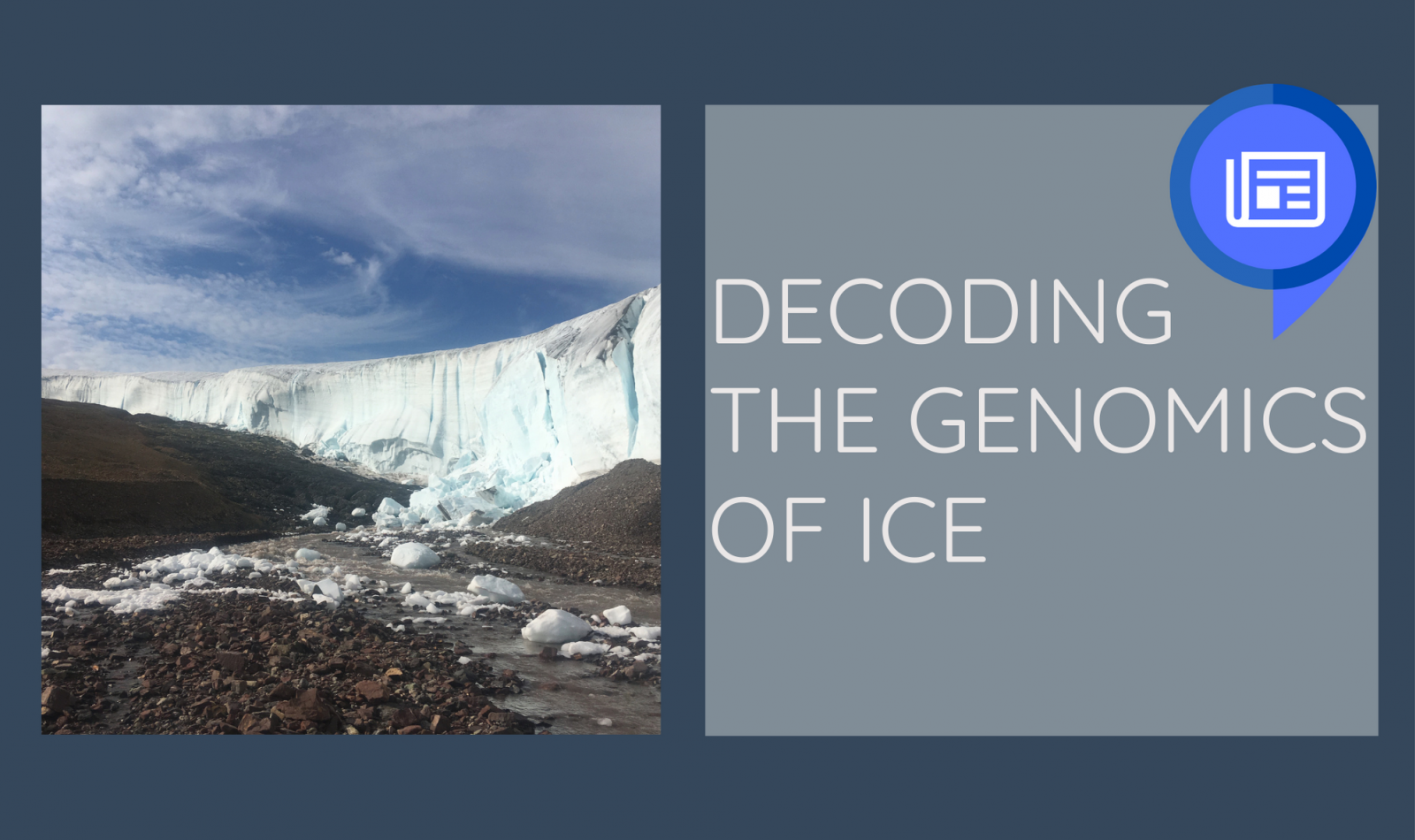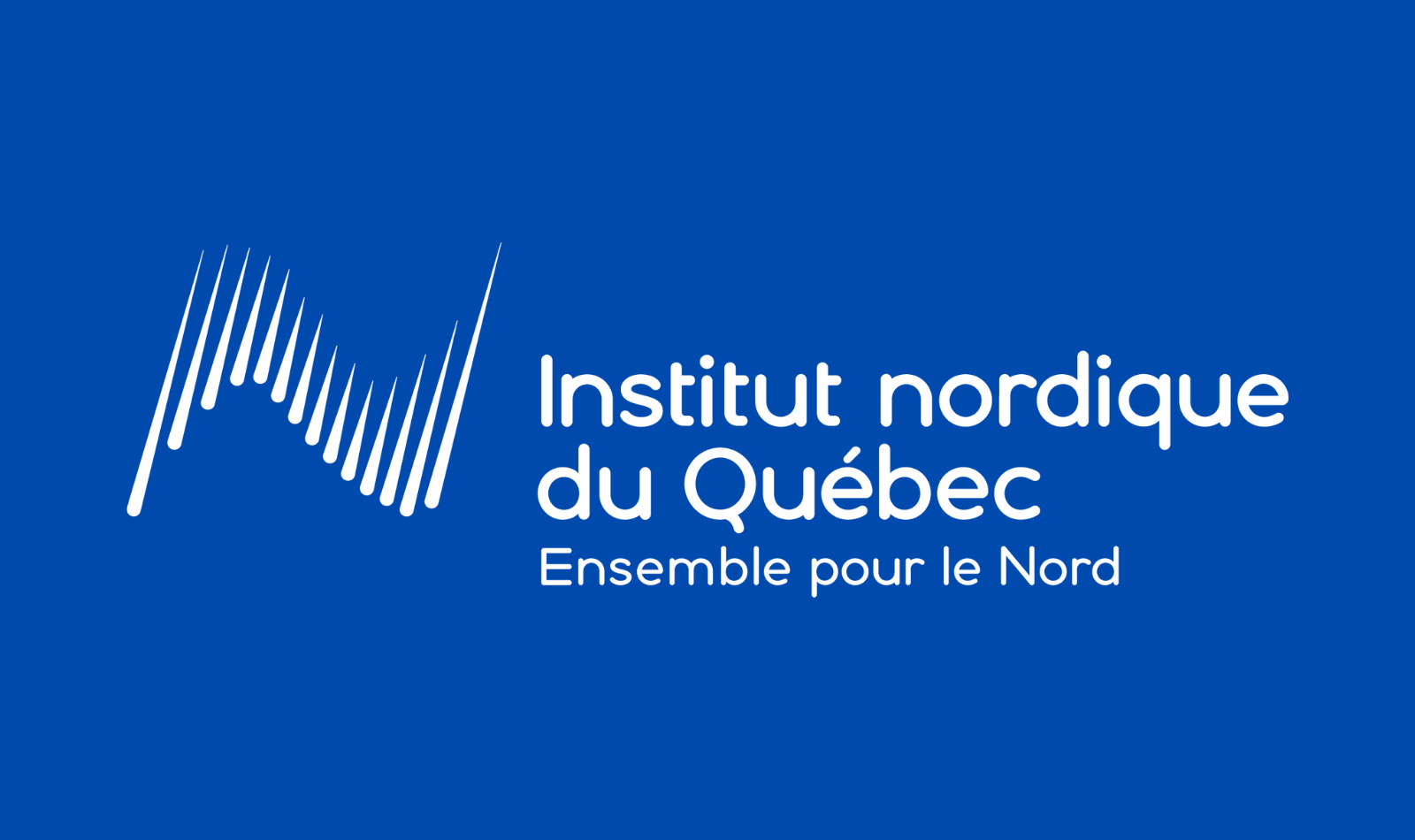Registration for the UArctic Congress 2021 is open. The Congress will take place from May 15 to 18, 2021.
News
Watch the recording of this webinar broadcast on April 14, 2021. Presenter: Martin Bourbonnais, holder, Centre TERRE, Cégep de Jonquière (In French).
Watch the recording of this webinar, originally broadcast on April 7, 2021.
Check out the April 2021 INQ newsletter.
The pandemic has put environmental issues at the heart of the debate on the future of the planet. What is the role of influence diplomacy in this international paradigm shift? Climate change, biodiversity loss, habitat and territory management, the stakes are numerous and they are glaring. Is this a real wind of change or a passing breeze? Reflection and discussion, within the framework of a webinar organized by INQ
Although Inuit have been writing for nearly two centuries, their literature is largely unknown. And yet, there is not one, but many forms of Inuit literature that reflect the complexity of the Inuit people. This is what the Inuit Literatures website, developed by...
Camille Fréchette (Makivik Corporation), coordinator of the projectNunavik Regional Research Authority, reveals the main lines of this project currently in conceptualization. Presentation in French.
FPPSE Storytellers and Collaborators Pasha Partridge and Sophie Tukalak, Project lead Michelle Smith and Co-Investigator Nicole Ives present stories and outcomes from the project and share recommendations for Indigenous post-secondary education in Quebec.
Watch the recording of this webinar broadcast on March 3, 2021. A presentation by Dominique Berteaux Chairholder of the Canada Research Chair in Northern Biodiversity and professor at UQAR.
INQ Newsletter | March 2021
Like the tree that hides the forest, the polar bear is the animal that hides Arctic biodiversity in Nunavut. The white plantigrade is not the only one to suffer the effects of climate change, microorganisms are also affected and they are the basis of ecosystems, the resources of northern communities and potentially a reservoir of useful genes for medicine.
The co-direction of each of the Institut nordique du Québec’s research axes is now ensured by two scientists from different academic institutions. The mandate of these tandems will be to lead and coordinate the scientific activities of the research axes to which they are affiliated.




